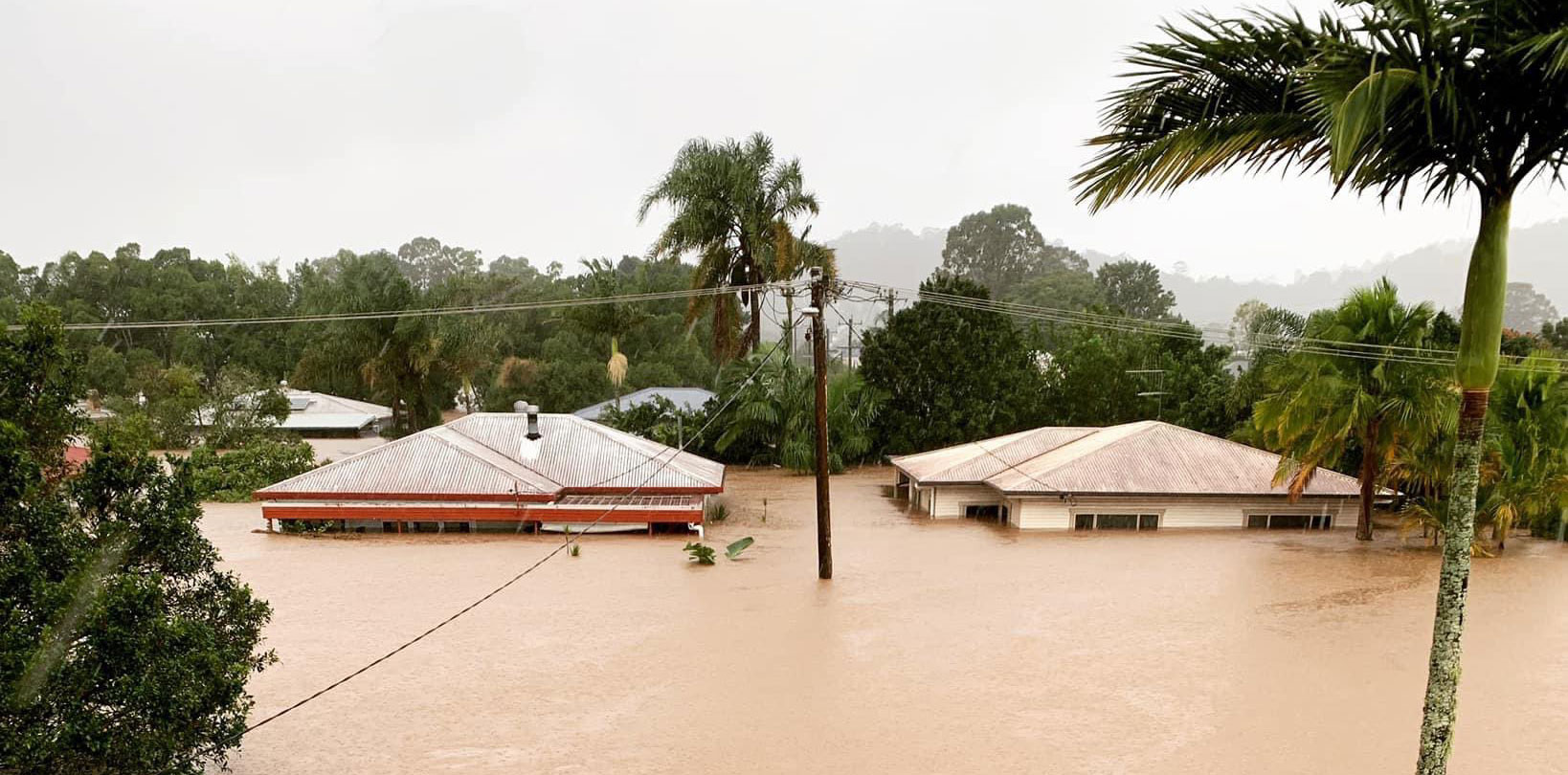A recent report has shown how climate change is impacting rates of mental health in Australia.
Doctors for the Environment Australia wants greater action from the government after a report found climate change is having a collateral effect on Australian mental health.
Mental health was a prominent topic of the election, and many voters advocated for reform in the mental health sector to better meet modern needs.
Climate change having an impact on the health sector is no new discovery, with a Monash University study released earlier this year finding exacerbated flooding rates were increasing the risk of disease.
“It shows that all-cause mortality goes up, showing that the way that we as people and humans interact with our environment also has an impact on our physical and mental health and has longstanding implications,” Dr Michael Clements, the RACGP’s rural chair, told TMR.
Today DEA released its latest report – How Climate Change Affects Mental Health in Australia — and it is urging the current government to invest in climate change preventive measures and resources to compensate for the increase in mental health impacts.
“Hot weather and heat waves are associated with increases in emergency presentations with suicidal thoughts and behaviour, physical and sexual assaults and with domestic violence, as well as poorer learning for children,” said the report.
Related
It also estimates that approximately half of Australians are expected to experience a mental illness, costing the country in excess of $190 billion per year.
“We can really be a leader in terms of protecting human health, including mental health, but we need to make sure that that service that organisations that are tasked with doing things like preparing Australia for the impacts of climate change on mental health and addressing the gaps that we already have are properly funded,” DEA spokesperson and psychiatrist, Dr Cybele Dey, told TMR.
Additional healthcare funding for natural disaster-prone areas has already been pushed for by many rural bodies which have highlighted how the rural healthcare workforce often will only receive adequate funding in times of crisis.
“We need to address the existing gaps in evidence-based local healthcare,” Dr Dey said.
“We need to make sure that these mental health services are not just [funded] in the month after there’s been an event, but that actually there’s support for local ongoing mental healthcare that’s based on the best available evidence.
“Because, actually, some of the things that improve people’s outcome is access to local health services, and also that those get maintained long term.
“This is an opportunity to really include those health impacts in assessing any fossil fuel project every time they’re approving an extension or a new fossil fuel project.”





